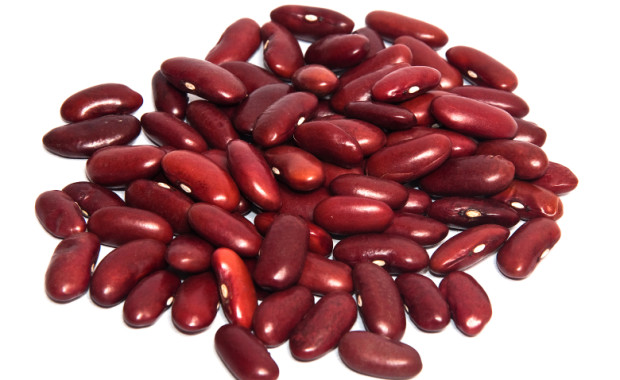Agrarian diet and diseases of affluence – do evolutionary novel dietary lectins cause leptin resistance?
Jönsson T1, Olsson S, Ahrén B, Bøg-Hansen TC, Dole A, Lindeberg S.
Department of Clinical Sciences, Lund University, Lund, Sweden
Abstract
BACKGROUND:
The global pattern of varying prevalence of diseases of affluence, such as obesity, cardiovascular disease and diabetes, suggests that some environmental factor specific to agrarian societies could initiate these diseases.
PRESENTATION OF THE HYPOTHESIS:
We propose that a cereal-based diet could be such an environmental factor. Through previous studies in archaeology and molecular evolution we conclude that humans and the human leptin system are not specifically adapted to a cereal-based diet, and that leptin resistance associated with diseases of affluence could be a sign of insufficient adaptation to such a diet.
We further propose lectins as a cereal constituent with sufficient properties to cause leptin resistance, either through effects on metabolism central to the proper functions of the leptin system, and/or directly through binding to human leptin or human leptin receptor, thereby affecting the function.
TESTING THE HYPOTHESIS:
Dietary interventions should compare effects of agrarian and non-agrarian diets on incidence of diseases of affluence, related risk factors and leptin resistance. A non-significant (p = 0.10) increase of cardiovascular mortality was noted in patients advised to eat more whole-grain cereals.
Our lab conducted a study on 24 domestic pigs in which a cereal-free hunter-gatherer diet promoted significantly higher insulin sensitivity, lower diastolic blood pressure and lower C-reactive protein as compared to a cereal-based swine feed.
Testing should also evaluate the effects of grass lectins on the leptin system in vivo by diet interventions, and in vitro in various leptin and leptin receptor models.
Our group currently conducts such studies.
IMPLICATIONS OF THE HYPOTHESIS:
If an agrarian diet initiates diseases of affluence it should be possible to identify the responsible constituents and modify or remove them so as to make an agrarian diet healthier.
(The reason why I have used a photograph of red kidney beans in this post is because uncooked kidney beans are extremely high in lectins – if one eats uncooked kidney beans the lectins cause severe diarrhoea).
BMC Endocr Disord. 2005 Dec 10;5:10.

